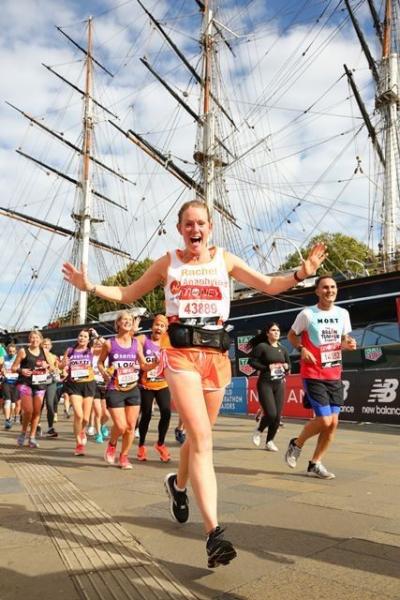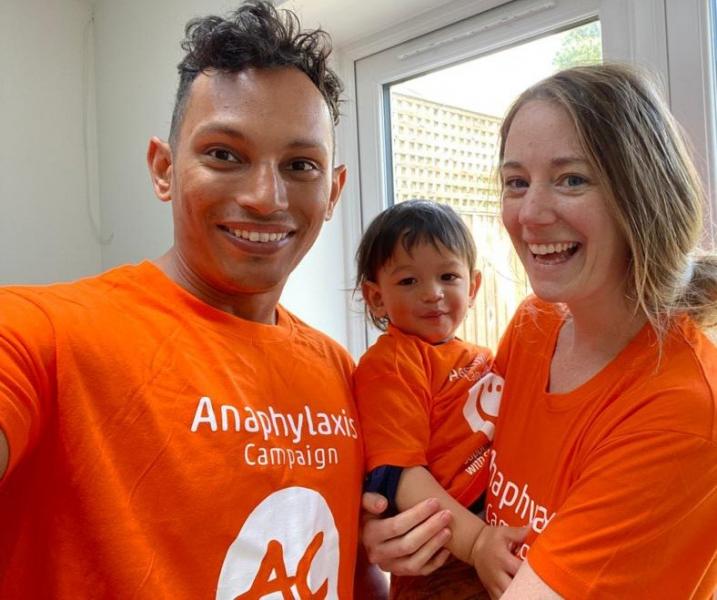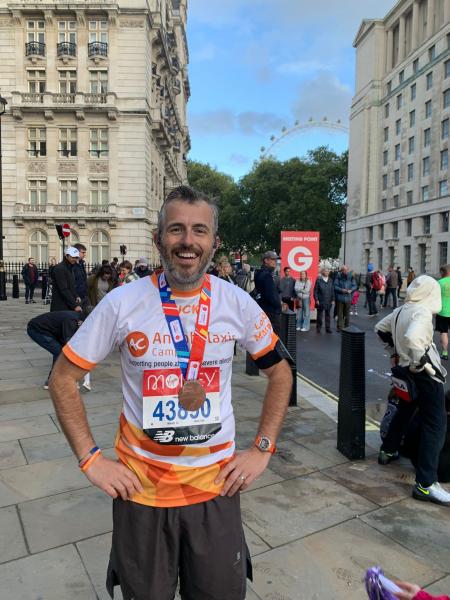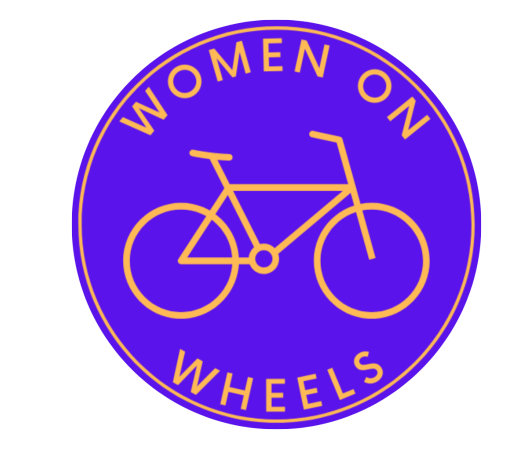Vote for Anaphylaxis Campaign In January's Poll and Help Them Raise Awareness of This Potentially Fatal Allergic Reaction
What Is Anaphylaxis Campaign?
The Anaphylaxis Campaign is the only UK wide charity focused on supporting those at risk of severe allergies. We have been providing information and support to patients and their families for over 25 years.
What is Anaphylaxis?
Anaphylaxis is a severe and potentially fatal allergic reaction. It seriously impedes the lives of those at risk. There is no treatment or cure for anaphylaxis – people at risk have two options: manage their condition and carry adrenaline.
What is The Aim of Anaphylaxis Campaign?
Our ultimate aim is to create a safe environment for all people with allergies by working with and educating the food industry, schools, pre-schools, colleges, health professionals and other key audiences. Our focus is on medical facts, food labeling, risk reduction and allergen management.

How Can You Support Anaphylaxis Campaign Charity?
Please support our work by joining us as a member, fundraising or by making a donation. We receive no government funding or grants so your support is vital for us to continue our work supporting patients and campaigning on key allergy issues.
We empower patients, carers and healthcare professionals through our AllergyWise online training and we have a UK-wide network of volunteer-led peer support groups for people whose lives are affected by the risk of an acute allergic reaction. Our aim is to help people with severe allergies to be more confidently in control of their lives.
We actively campaign to raise awareness of anaphylaxis with the general public and with the relevant authorities for better allergy care and treatments.
The Campaign provides tailored services for individual and clinical professional members and also has a corporate membership programme.
Follow them on twitter @anaphylaxiscoms and find them on Facebook, LinkedIn, Instagram and YouTube.
What do Anaphylaxis Campaign Do?
Providing Helpline and information services, providing advice by telephone, e-mail, Factsheets, webinars and online channels
Running local support group meetings and regional medical meetings
Food safety developments working with caterers, manufacturers and retailers to raise awareness and protect people from harmful allergens.
Education – in addition to work with individuals, the Campaign works to educate schools, nurseries, colleges, universities and youth groups in allergy management. We provide online training programmes for families, individuals and carers and for healthcare professionals such as school nurses, first aid trainers, GPs and Practice Nurses.
Campaigning to improve allergy services within the NHS.

Good To Know Anaphylaxis FAQs:
Does My Food Allergy Make Me High Risk of Catching Covid-19?
To date, there is no risk or evidence that suggests that you would be more likely to catch Covid-19 if you have food allergies which can cause anaphylaxis. You are advised to be as cautious as everybody else and follow guidance from reliable sources to protect yourself.
Would I Have a More Severe Reaction to My Food Allergies if I Had Covid at The Same Time?
Previous studies have shown that if you have a viral infection and you have been exposed to your food allergen by accident, your reaction could be more severe. You are advised to take special care on avoiding your food allergens to ensure that you recover as quickly as possible from Covid and any other infections.

Can I Use my EpiPen if I go Into Respiratory Distress From Covid-19?
As anaphylaxis and respiratory distress from coronavirus are two completely different reactions caused by two completely different things, you are strongly discouraged to use your EpiPen to relieve breathlessness or respiratory distress from Covid. If you are struggling, you are advised to seek medical help as soon as possible.
Should I Continue to Take my Allergy Medications if I Have Tested Positive for Covid-19?
You should continue taking your medication for your allergies, may it be antihistamines, skin creams, inhalers or nose sprays unless advised otherwise by your doctor. For further clarification and advice, get in touch with your allergy service with any concerns you may have.
What Are the 5 Most Common Triggers for Anaphylaxis?
Anaphylaxis is a life threatening reaction to a trigger, and food, medicine such as antibiotics, insect strings, latex, general anaesthetics are the most common triggers for this reaction.
For any more information, advice, or to directly donate to the charity, please head over to their website https://www.anaphylaxis.org.uk/





